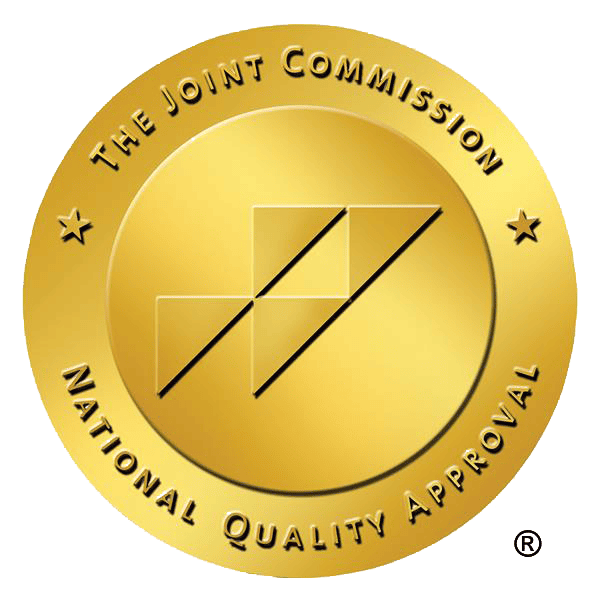Functional medicine for addiction recovery focuses on identifying and addressing the root causes of addiction, offering a personalized approach to treatment. By emphasizing nutrition, lifestyle changes, and holistic health management, this method aims to create lasting recovery by improving overall well-being.
What Is the Definition of Functional Medicine?
If you’re wondering what is the definition of functional medicine, it’s a science-based, patient-centered approach that focuses on identifying and addressing the root causes of disease. Rather than simply treating symptoms, functional medicine seeks to understand the complex interactions between genetics, environment, and lifestyle factors that influence long-term health and chronic disease. This approach is particularly effective in treating chronic conditions and is increasingly being applied in the context of addiction recovery to help patients achieve and maintain sobriety.
Is Functional Medicine the Same as Integrative Medicine?
Functional medicine and integrative medicine are often confused but differ in focus. Integrative medicine combines conventional Western practices with alternative therapies, while functional medicine emphasizes identifying and addressing the root causes of disease. This root-cause approach is particularly relevant in addiction recovery.
Is Functional Medicine the Same as Holistic Medicine?
Functional medicine for addiction recovery, though often confused with holistic medicine, stands out by its science-based, personalized treatment plans. Unlike the broader holistic approach, functional medicine zeroes in on the root causes of addiction, offering tailored therapies that address the whole person. This method can be especially effective in supporting long-term recovery.
The Role of Sleep in Addiction Recovery
People struggling with addiction are five to ten times more likely to suffer from poor sleep, which can lead to emotional dysregulation, such as exacerbating depression and anxiety, as well as poor impulse control. Poor sleep tends to be a vicious cycle during active addiction.
Substances can alter brain chemistry in a way that affects our ability to get quality sleep; lack of quality sleep can make it harder to control the impulse to use. This is why sleep and addiction recovery are so closely linked. Achieving quality sleep can be a marathon, not a sprint—it takes time to develop sleep hygiene habits to improve sleep, but it’s well worth it in the long run.
The Benefits of Exercise in Addiction Recovery
Regular exercise can improve immune system function, reduce stress, improve mood and sleep, and increase energy. Given that stress, poor sleep, and emotional dysregulation can all increase the chances of substance use, improving these areas through regular exercise can help prevent relapse.
Doing this in functional medicine for addiction recovery is significant; even making daily goals to avoid being sedentary, such as going for a walk, can be helpful in relapse prevention and recovery.
The Importance of Nutrition in Addiction Recovery
Often, addiction can lead to poor eating decisions, such as eating too much fast food and sugar instead of providing our bodies with the nutrient-dense foods we need to function optimally. When using substances, an individual is more likely to struggle with a lack of appetite or even impaired nutrient processing when they do eat due to damage to key organs like the liver.
Nutrition and addiction recovery are deeply connected because drug and alcohol use may also cause chronic issues in the gastrointestinal tract, leading to poor nutrient absorption. Addressing nutritional deficiencies is a critical component of functional medicine, as it helps restore physical health and supports overall recovery.
Managing Stress in Addiction Recovery
Most people experience stress daily, but poorly managed stress can be a significant risk factor for relapse. This is especially true for those struggling with co-existing mental health disorders such as anxiety and depression.
There are many ways to help reduce stress; meditation, finding a support group or someone to talk to, journaling, finding a creative outlet or a hobby, exercise, optimal nutrition, quality sleep, and volunteering can all provide ways to effectively manage stress. Functional medicine for addiction recovery emphasizes stress management as a critical component, ensuring that patients have the tools they need to maintain their sobriety.

Frequently Asked Questions
What is functional medicine?
Functional medicine is a personalized, science-based approach that focuses on identifying and addressing the root causes of disease. It’s especially effective in addiction recovery by targeting the underlying factors driving addiction for more lasting results.
Is functional medicine the same as integrative medicine?
No. While both approaches emphasize whole-person care, integrative medicine blends conventional and alternative therapies. Functional medicine, however, focuses on finding and treating the root causes of disease, making it particularly useful in addiction recovery.
Is functional medicine the same as holistic medicine?
Not exactly. Holistic medicine refers broadly to treating the whole person with natural and alternative therapies. Functional medicine, though holistic, emphasizes science-based treatments aimed at root causes, which can be highly effective in addiction recovery.
How is nutrition important in addiction recovery?
Understanding the link between nutrition and addiction recovery is crucial for healing, as it helps correct deficiencies and supports both physical and mental health. Functional medicine leverages personalized diets to restore balance, aiding in sustained sobriety.
What are the benefits of exercise in addiction recovery?
Exercise reduces stress, improves mood and sleep, and boosts overall health—key factors in preventing relapse. Functional medicine incorporates exercise into addiction recovery plans to enhance overall well-being.
Why is sleep important in addiction recovery?
Knowing the importance and relation of quality sleep and addiction recovery is essential for emotional regulation and recovery success. Addiction often disrupts sleep patterns, and functional medicine addresses these issues by promoting healthy sleep habits to support long-term recovery.
Find Healing with Functional Medicine for Addiction Recovery
At The Prairie Recovery Center, we work to understand each client as a whole person—biologically, psychologically, socially, culturally, and spiritually. To treat the disease of addiction, we develop an integrative functional medicine for addiction recovery that includes an array of evidence-based styles. Further, our care team specializes in treating co-occurring disorders.
If you or a loved one could use our support in managing your mental health and/or substance use recovery, please reach out to our care team confidentially.








